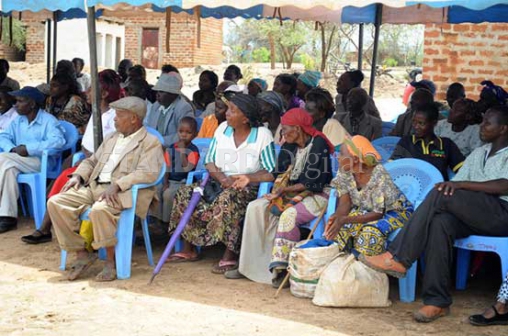
MAKUENI: Until a few months ago, Thange Location in Kibwezi East Sub-county was one of the most agriculturally productive area in Makueni County.
At the crack of dawn, residents would wake up and head to the farms where they grew maize, tomatoes, kale, pawpaw, sweet potatoes, cow peas and water melons. The crops were mostly grown under furrow irrigation using water from the permanent River Thange whose source is the nearby Chyulu Hills. Once the yields were harvested, young men would be hired to cart the bountiful produce to the market for sale.